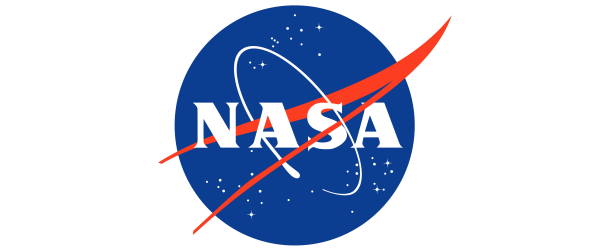QCI gets new task from NASA: Running QLiDAR data through reservoir computer

Quantum Computing Inc. (QCI) announced that its QI Solutions unit catering to government agency needs has earned a follow-on task order expanding the services it is providing to NASA under a sub-contract award that QCI first announced back in February.
The initial deal had QCI, through a sub-contact from Science Systems Applications, Inc., supporting NASA in remote sensing and climate change monitoring. In addition to this testing, involving QCI’s proprietary quantum photonic system for remote sensing applications (QLiDAR), the follow-on task order calls for QCI to additionally use its photonic-based reservoir computing technology to process satellite images, running data from the QLiDAR system through the reservoir computing system to improve the calculation of the level of water released from snowmelt.
This initial testing engagement is expected to be completed during the second quarter of 2023, according to QCI. If this follow-on task is successfully completed, more follow-on options include airborne testing and positioning these devices together with the photonic reservoir system to enhance the signal integrity of the satellite images to create a network for monitoring snow levels globally. This will promote a better understanding of climate changes and provide accurate data for industry and agriculture, according to QCI.
“This expanded contract is a significant opportunity for QCI to demonstrate and validate two distinct QCI technology offerings to the recognized preeminent global leader in space research and exploration,” commented Sean Gabeler, President of QISolutions, the federal government-focused unit that QCI launched in February just before news of the initial NASA work came to light. “QCI’s photonic LiDAR and reservoir photonic computing systems deliver new measurement and data processing capabilities with single-photon sensitivity, strong noise rejection, and high-ranging spatial resolution and image fidelity at great distances through challenging environments such as snow, ice and water, during night or day.”
Dr. William McGann, QCI Chief Technology Officer commented further on the advantage of quantum-based LiDAR. “Sunlight interference (noise) is a huge issue in space-based LiDAR remote sensing,” he stated. “LiDAR measurements of the air, and the optically thin aerosols/clouds during daytime from space experience compromised signal integrity. As a result, it is very difficult, if at all possible, to make good daytime LiDAR measurements from space with adequate signal-to-noise-ratios. In this expanded project, we will explore reservoir photonic computing to remove sunlight noise in satellite LiDAR images, thereby enabling daytime operations of spaceborne LiDAR systems. Our current prototype systems have shown outstanding performance in both pattern prediction and recognition, demonstrating good potential for sunlight noise removal. Through this project, we hope to prove the concept and develop a roadmap for future large-scale deployment to help NASA and many other potential customers.”
News of the expanded sub-contract also arrived just a day after, QCI announced a letter of intent to acquire millionways, a start-up it had been working with on another reservoir computing project involving AI.
Dan O’Shea has covered telecommunications and related topics including semiconductors, sensors, retail systems, digital payments and quantum computing/technology for over 25 years.
























